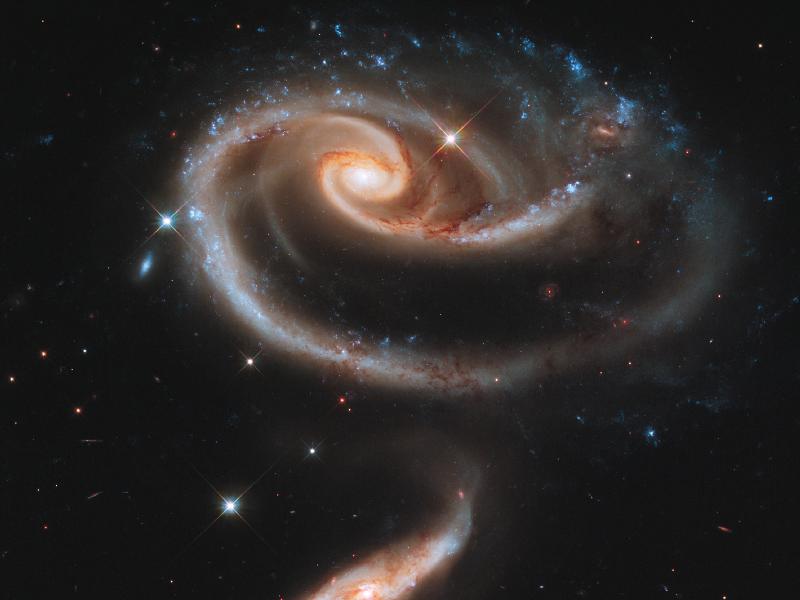POLITICAL SCIENCE IMPORTANT QUESTIONS- ANSWERS (CLASS-11) INDIAN CONSTITUTION (Part-ii)
POLITICAL
SCIENCE IMPORTANT
QUESTIONS-
ANSWERS (CLASS-11)
INDIAN CONSTITUTION (Part-ii)
1.Define Rule Of Law.
Ans. Rule of law is the mechanism, process, institution, practice, or norm that supports the equality of all citizens before the law, secures a non arbitrary form of government, and more generally prevents the arbitrary use of power.
2.Why is our Constitution known as “Fundamental Law Of The Land”?
Ans. This is because no central, state or local government can intervene with the rights, duties, privileges, laws and regulations as mentioned in the Constitution. it is superior to the ordinary laws enacted by the parliament or state legislature.
3.Name two prominent members of Constituent Assembly.
Ans. B. R. Ambedkar, Chairman of Drafting Committee, Jawaharlal Nehru, First Prime Minister of India.
4. Write any two salient features of The Constitution Of India.
Ans. i. Written Constitution
ii. Lengthiest Constitution in the world.
5.“Judicial Review” in the Constitution was taken from which country?
Ans. USA.
6.What do you mean by Universal Adult Franchise?
Ans. The right to vote by all mentally healthy individuals irrespective of his or her representative caste, creed, religion, gender, literacy is regarded as universal adult franchise.
7.Define a welfare state.
Ans. A welfare
state is a state which is directed to ensure to the people employment,
education and assistance in cases of old age, sickness and disablement.
8.Define Secular State.
Ans. A Secular State has no official religion . It allows equal freedom of faith and worship to all.
9.Define Federal Government.
Ans. A federal government is a system of dividing up power between a central national government and local state governments that are connected to one another by the national government. Some areas of public life are under the control of the national government, and some areas are under control of the local governments.
10.Define Single Citizenship.
Ans. Single Citizenship means that all Indians irrespective of the state of their domicile are the citizen of India. In India a person born in Punjab or in Kerala can only be a Citizen Of India and not a Citizen Of The State.
---------------------------------
Contacts of PathMaker
Numbers - 8240042490, 9875616291
Social media -
https://www.facebook.com/PathMaker-112826467702117/
https://www.instagram.com/pathmaker06/




Comments
Post a Comment